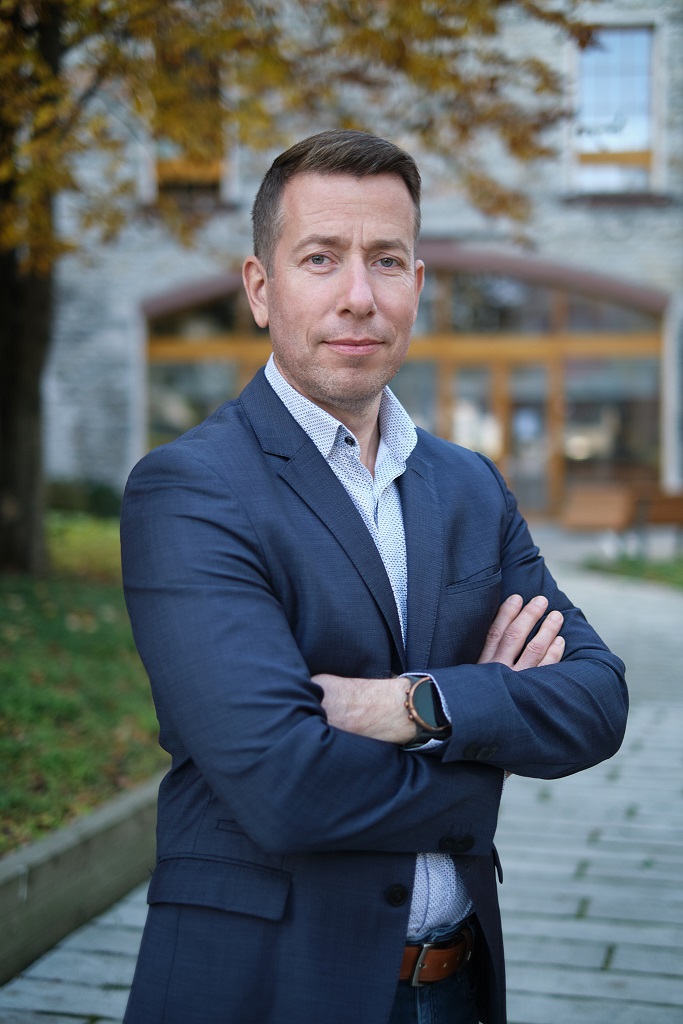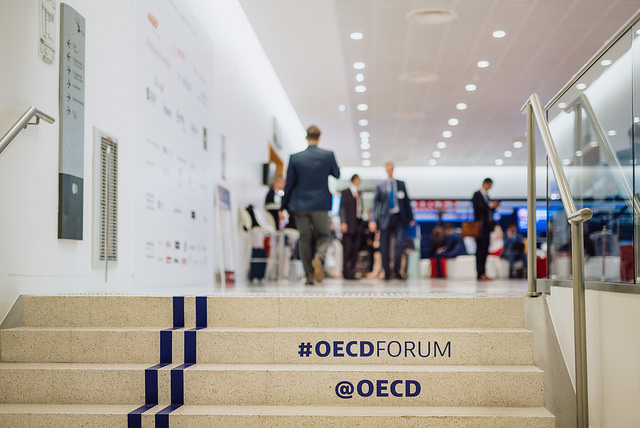The Organisation for Economic Co-operation and Development measures productivity and global flows of trade and investment through its extensive network of specialists. Publishing more than 250 new titles per year, the OECD sets international standards on a wide range of issues, from agriculture and tax to the safety of chemicals.
The OECD, which is comprised of 36 member nations, provides a meeting place for thousands of experts where different government institutions can share experiences and work together to seek solutions to common problems. Helmes is supporting and developing a set of applications in a contact and management system that will help the OECD in one of its core concerns, which is hosting forums and virtual sessions.
There are four teams at Helmes cooperating with the OECD Headquarters in Paris. Together, we are creating different internet applications, developing a statistics module, working on publishing and documentation management, and developing collaboration tools for external and internal users.
Our Remote Working Process
In our partnership, we use a hybrid team model, where developers work together from their physical locations in different countries. In our collaboration with the OECD, we have a team in Paris, another in Tallinn, Estonia, one in Georgia and one in Hungary.
How does our remote-working system play out?
First, all project development takes place in the OECD’s virtual machine (VM) system. Security is maintained at a very high level throughout; you can’t even copy or paste information into or from your device.
Every working day starts with a “stand-up session” at 11. We have used Skype in the past, but we will soon switch to Microsoft Teams. In Paris, the IT team of the OECD gathers into one room, and our teams in Tallinn and Tartu, Estonia, and the groups in Georgia and Hungary all make contact. About 10-12 people participate in any given video chat.
First, each member of the team explains to the group what they did during the previous day and what they are going to do that day.
At the end of the stand-up session, each member states if any obstacles need to be sorted out. If there are, we decide who will help. This chat could be over in 10 minutes, but it can last much longer. There are constant discussions all day long afterward.
We also have an informal, optional Skype-meeting once a week at 5, where we drink coffee or tea and speaking about other aspects of life besides work.
Still, there is no real teamwork if people are limited to an online working relationship, so we meet face-to-face two to three times a year in two-week sessions that help our project’s unity and cooperative spirit.
A Successful 4-Country Collaboration
After every two weeks on Wednesdays, there is a so-called “sprint-retro” planning session, which takes about six hours. We discuss completed tasks and strategize our direction. Our team leader wants to know how everyone is doing or if anything exciting or weird has happened.
Helmes is providing resources for profiles like “scrum masters” for the sprint-retrospective planning sessions, developers and lead developers, quality assurance, deployment, stress testing, and analysis. At the same time, the OECD fills the team lead, product owner, and business analyst roles.
Team planning is created in the Azure Visual Studio environment, and we discuss assignments during the Wednesday meetups. After a task is assigned, the team member with the workload estimates how long it will take to complete. Then a statistical average is made, and we may need to decide to cut some less-important parts of the next “sprint” towards our deadline goals. After completing the task, the team member reports how long it took.
With so many groups involved in this project so many disparate locations, remote work sounds complicated but isn’t. Helping the OECD to develop software it requires for its work and the tools and systems needed to make them a success is a thriving multi-nation effort.
Competent, forthright and proactive; our interaction with Helmes has grown steadily over the last three years and they are now our main software development partner in the network and dissemination management area
Douglas Paterson, Head of Information Dissemination Systems at OECD
Get in touch


